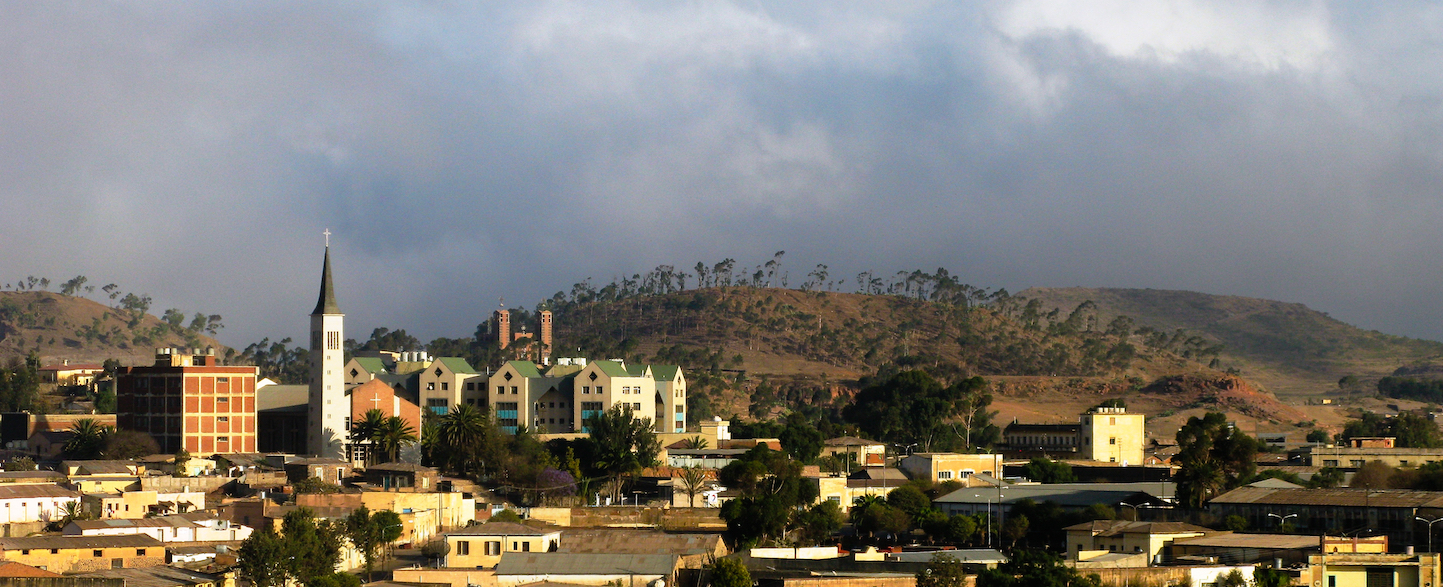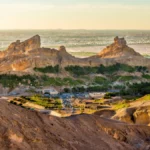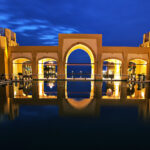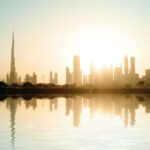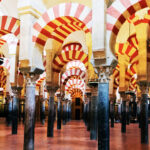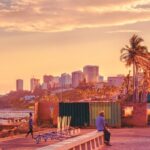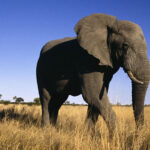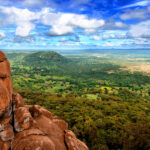Note to teachers considering Eritrea

Options for teaching in Eritrea
International schools in Eritrea
A strong private education sector has developed in Eritrea, since the country’s public school system is underdeveloped and undergoing improvements. Certified and experienced foreign teachers can find jobs in international schools in the capital, Asmara, teaching students from preschool to high school. The school year runs from mid-August to mid-June, with several holiday breaks throughout the year.

Visas for foreign teachers in Eritrea
Living in Eritrea
You’ll be pleasantly surprised by the peaceful atmosphere of Eritrea’s capital, Asmara. The city is a UNESCO World Heritage Site famous for its stunning Modernist architecture – a remnant of its Italian colonial past. Admire the Art Deco buildings and watch cyclists pass by, as you dine at one of the many cafés and restaurants that line the boulevards.
There is a lot for visitors to explore in Eritrea. You won’t need to travel far to visit the historic market town of Keren in the northern highlands, where you can see caravans of camels for sale.
Meanwhile, Eritrea’s extensive Red Sea coastline offers stunning historic and natural wonders. The port city of Massawa is full of old buildings – in various states of ruin – from the Ottaman, Egyptian and Italian colonial eras.
Just off the coast, the Dahlak Archipelago of over 200 islands is a dream destination for snorkelers and scuba divers. Since the islands are scarcely inhabited and still rarely visited by tourists, the surrounding coral reefs have remained largely untouched and full of diverse marine life. To visit the islands, you’ll need to get a visitor’s permit from a local travel agent and charter a yacht, which won’t cost you too much.
Eritrea has a varied climate, from hot and dry coastal plains, to cooler and wetter highlands. Living in Asmara, you can expect warm summers and mild winters, with the most rainfall in July and August.
Get TEFL Certified to Teach at Top Private Schools
Private schools around the world are looking for teachers with TEFL certification, and Teach Away can help you stand out. Teach Away offers two high-quality, fully online TEFL certification programs: the Teach Away TEFL course and the Manhattan University TEFL course. Each is built to match the qualifications private school employers expect. You’ll gain essential skills, expert-led training, and access to job placement support through one of the world’s leading teacher recruitment platforms.

Teach and live in Eritrea
Register for a teacher account to apply for teaching jobs in Eritrea
Eritrea at a glance
Country information
Capital: Asmara
Language: Tigrinya, Beja, Arabic, Tigre, Kunama, Saho, Bilen, Nara, Afar, English
Population: 5 million
Currency: Eritrean nakfa (ERN)
Government: one-party presidential republic
Major religion: Christianity, Islam
Climate: temperate highlands, arid and semi-arid lowlands
Quick facts
The Eritrean population is made up of nine recognised ethnic groups, the largest of which is the Tigrayan community.
Eritrea is a multilingual country with no official language. However, Tigrinya is most widely spoken and English serves as the working language.
Eritrea spent most of its modern history under foreign rule. Italy colonized the country at the end of the 19th century. When World War II broke out, they were replaced by a British military administration, and after the War, Eritrea was federated with Et
In 1993, Eritrea officially gained its independence after decades of armed struggle with Ethiopia.
Football and cycling are the most popular sports in Eritrea.
The literacy rate for Eritrean youth aged 15 to 24 years is around 93% for males and 88% for females.
